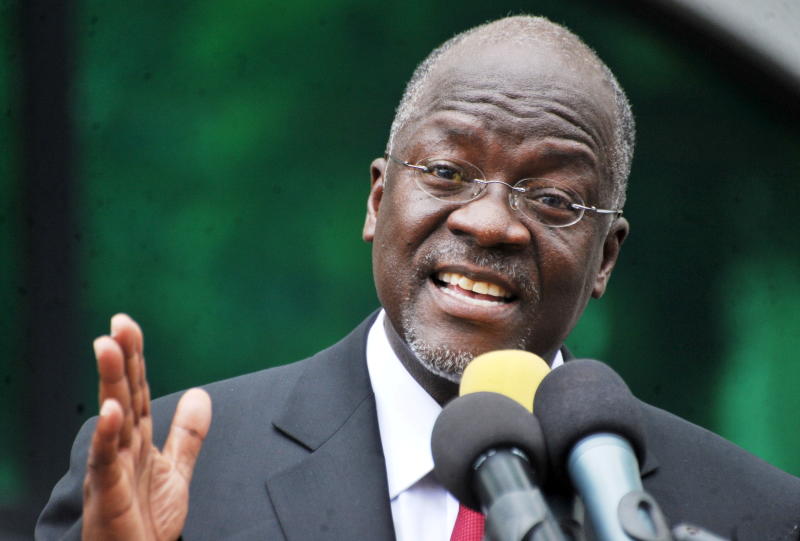×
The Standard e-Paper
Fearless, Trusted News

Commiserations with the sister nation of Tanzania are in order, following the death of President John Pombe Magufuli (pictured). Humans are bonded in a common silent pact against death. The English poet John Donne wrote in 1623, “No man is an island entire of itself... any man’s death diminishes me, because I am involved in mankind.”